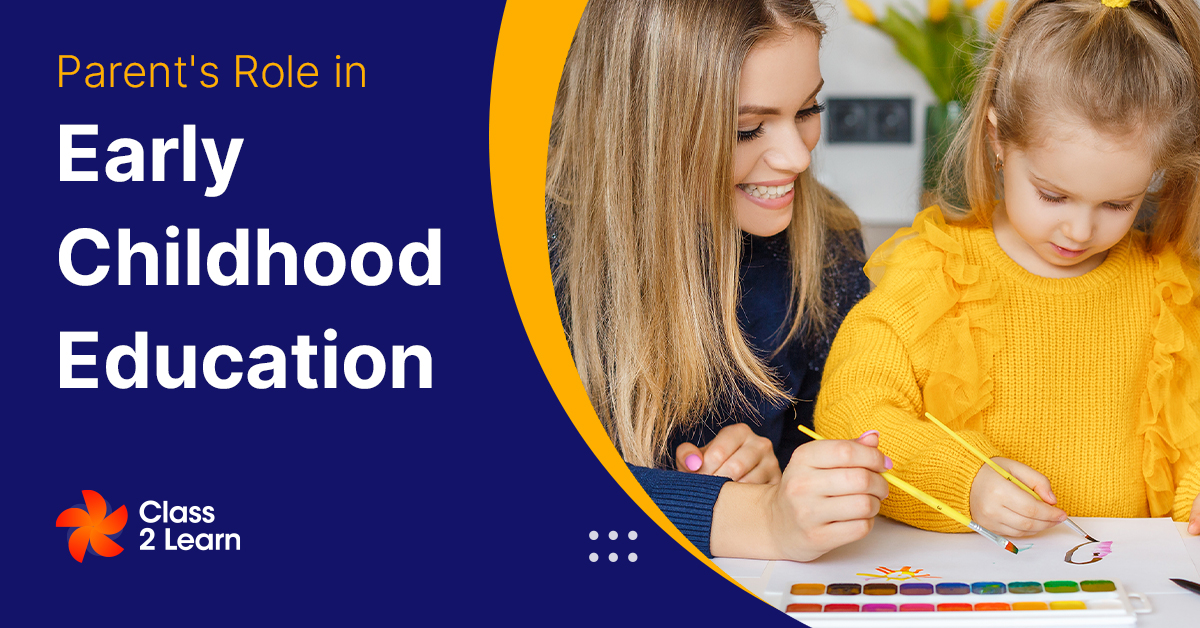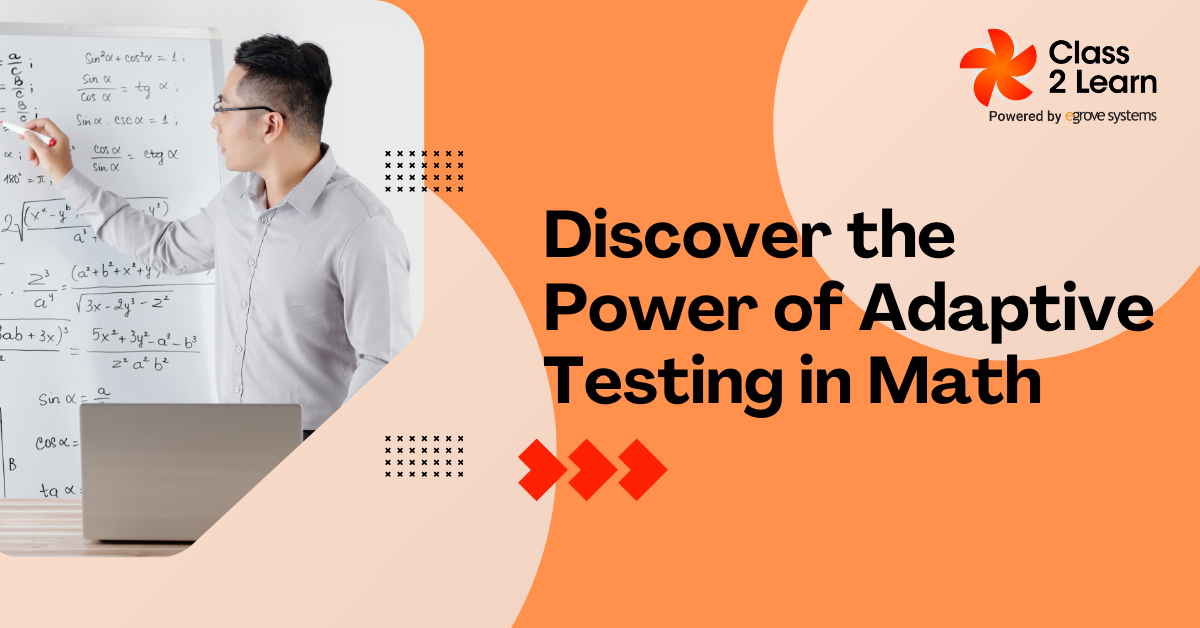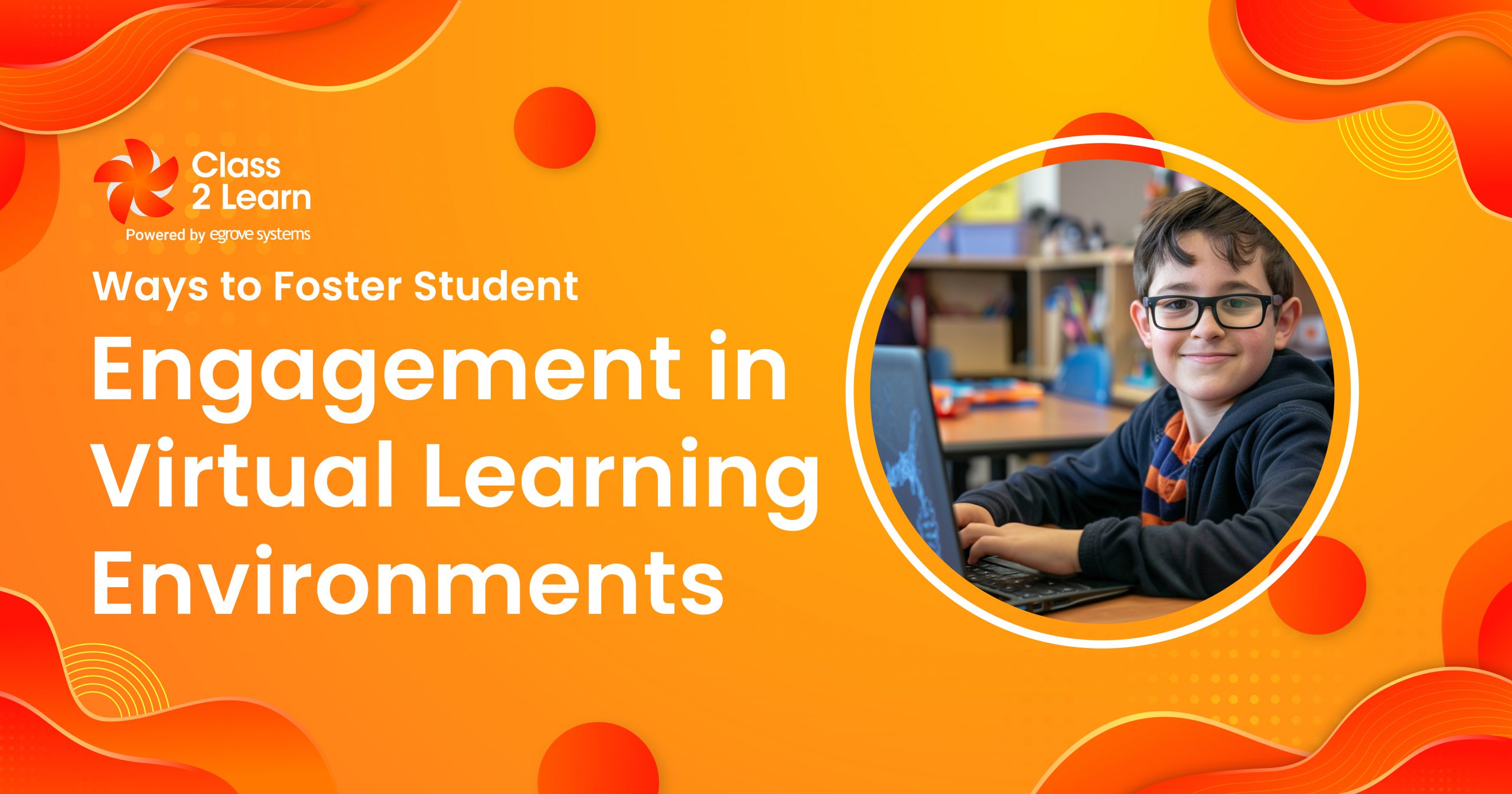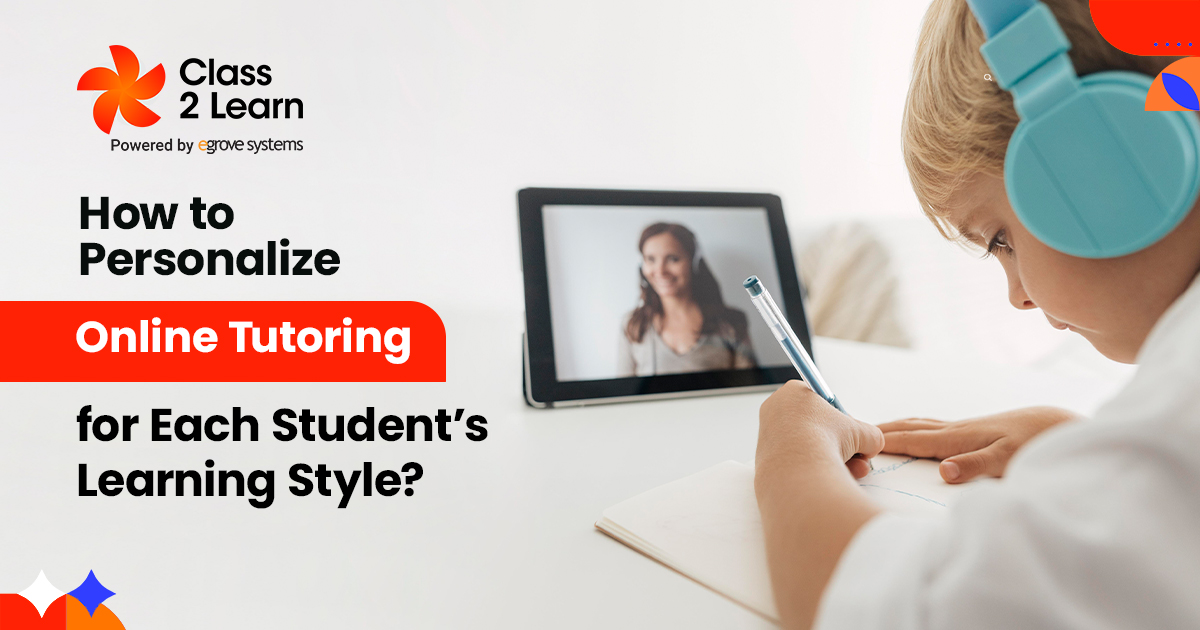Parents are their first teachers from the moment a child is born until they become adults. Parents’ traditional roles include teaching, leading, and nurturing children to become strong community members. When their children start formal schooling, most parents allow the school to take over a significant portion of their official education.
When it comes to formal schooling, parents are more of the providers. Since the pandemic outbreak, parents have taken on a more supportive role by assisting their children with coursework and household tasks.
Parents’ influence can have a lasting effect on the child’s learning ability. Children properly stimulated by parents from birth till age five are likely to perform exceedingly well in their careers.
The brain’s synaptic networks continue to develop during the first five years. This is the stage of development when a child is most receptive to human interaction. During these years, parents’ relationships with their children, as well as how they participate in perceptual, cultural, and expressive activities, shape their children’s future personalities.
According to the survey, four factors that can influence a parent’s ability to actively contribute to their child’s education:
- The parent’s beliefs, perceptions, and experiences influence the parent’s role construction.
- Teachers and schools encourage parents to actively participate in their children’s education.
- The parent’s socioeconomic status influences their skills, knowledge, energy, and time availability.
- Being an active participant provides the parent with self-efficacy and confidence.
Play School: A first step out of the Comfort zone
A child’s first step out of their comfort zone occurs when the child attends a play school (house and the shielded shadow of parents). The child’s first experience at a play school is also the parent’s first experience, as this is the first time the child will be out of the watchful eyes of its parents. The child will be independent to take action. The distinguishing feature of preschool education is its innate ability to smooth this transition.
Comprehending the Nuances of Early Childhood Education
Early childhood education is still relatively new, and its implications are only now being understood and accepted by a large number of people. As a result, parents’ understanding of their roles has become an integral part of the process.
Parents have realized that their roles are not limited to carrying out specific key tasks; active parental involvement in their child’s education allows the child to extend their learning beyond the classroom walls. Children are more enthusiastic about classroom learning, and active parental participation encourages them to do better. This proximity also boosts the youngster’s confidence and happiness.
Extending Learning beyond Classroom
Parents participate in their child’s educational process. This also aids in the development of the child’s abilities. Astute parenting encourages regular communication with teachers and gets a sense of the classroom in which their child is enrolled. Caregivers can use this to purposefully create scenarios at home for their child’s benefit; they can help the transition from learning to experiencing.
Other ways for parents to benefit their child’s education, or reasons for parental involvement, including laying the groundwork for future years. Actively involved parents can aid this process by instilling positive attitudes in their children, instilling the virtues of good friendships, directing them toward developing strong work ethics, instilling moral principles, and much more.
Creating Awareness in Early Education
Regardless of the numerous ways in which parents can positively influence their child’s early education through active participation, there is a more fundamental issue that must be addressed. Its goal is to educate parents on the importance of active parental involvement and to provide them with reasons to do so.
The second is more fundamental: parents can act as a catalyst in ways that aren’t always visible. They regularly discuss what it’s like to be a student in the classroom with their children. Caregivers can decipher their child’s actions and create a pattern of what their child is learning and practicing as a result. This will assist them in determining which areas the child requires assistance.
Several crucial approaches can offer advice to parents who haven’t initiated active participation previously:
- Maintaining regular and consistent contact with teachers.
- Expressing an interest in suggesting several interesting topics to be included in the curriculum.
- Making an effort to engage with a child’s classmates, other parents, and peers.
- Encouraging children to participate in as many extracurricular activities as possible.
Conclusion:
Recent studies, in combination with previous studies, strongly suggest that parental involvement in early childhood learning can improve a child’s achievements and overall school activity. The active involvement of parents leads to children staying in school longer and pursuing higher studies.





Add comment